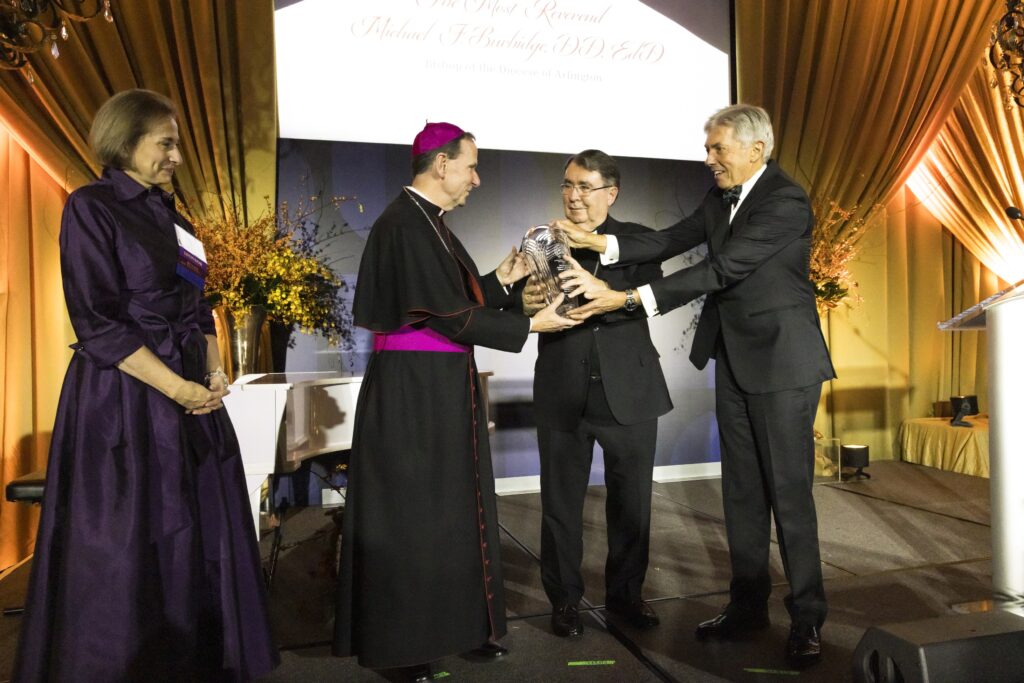Did you know that according to a 2022 survey, nearly 70% of parents who choose faith-based schooling cite values formation and character development as the top reason for enrolling their children in a faith-based environment? That statistic underscores how deeply service and leadership are intertwined with what families look for in a strong educational experience. In the context of catholic education, this emphasis on character and mission is more than an add-on, it’s foundational. In this blog post, we’ll explore why service and leadership matter in a Catholic educational setting, how they strengthen the mission of Catholic schools, and practical ways educators and administrators can nurture both in their communities.
What service and leadership mean in Catholic education
Before diving into how service and leadership work in a Catholic school, it’s helpful to clarify how they relate to the broader mission of catholic education. In schools rooted in the Catholic tradition, education isn’t simply about academic content, it’s about the formation of the whole person: intellect, character, faith, and community.
Service
Service in this context means more than volunteering once a year or doing one big outreach, you could say it’s the ethos of doing for others, grounded in the Gospel. In a Catholic school context, it can look like:
- Students participating in local outreach, guided by faith and reflection.
- Educators modelling servant-leadership, not just authority.
- A curriculum that connects what students learn to how they live, linking subject content to human flourishing, dignity, and the common good.
- Embedding charity, justice, and accompaniment in the daily life of the school.
Leadership
Leadership in Catholic education is about guiding a community: teachers, students, families towards the mission, not merely managing operations. In such a school:
- Leaders shape and sustain the Catholic identity, culture and values of the school.
- They help students to become leaders themselves: in service, in moral decision-making, and in community life.
- Leadership is therefore both administrative and spiritual: way-finding, vision-casting, character-building.
- It ties to the theology of education: for example, the school is not just a business, but part of the Church’s mission of formation and evangelization.
For example, at Catholic International University the theology program highlights how those studying theology are equipped to “transform society while respecting the way God created our world and making use of the freedom He has given us.” That same orientation – toward transformation, service, leadership – is central to what Catholic education seeks to do.
Why they matter – the impact of service & leadership in Catholic schools
1. Strengthening Catholic identity and purpose
A school that emphasizes service and leadership ties its academic mission to something deeper than test scores. In a Catholic school context, this means:
- Students see themselves as persons called to something beyond self-interest.
- The school culture affirms faith, community, and mission.
- Leadership backs up the identity: it continually reminds the school why it is Catholic and how that matters for everything from curriculum to discipline to extra-curricular life.
Without this emphasis, a “Catholic” school might drift into being just another private school. But when service and leadership are woven in, the school lives its Catholic nature.
2. Formation of the whole person
Catholic educators often speak of educating the “whole person”; mind, heart, spirit, body. Service and leadership are critical parts of that. When students engage in service, they learn empathy, responsibility,-real world challenges, and moral agency. When they are encouraged to lead, by example, in student government, in peer mentoring, in service projects, they gain confidence, virtue, and a sense of mission.
3. Community building and witness
Leadership and service help build strong communities. In Catholic schools, the leadership of teachers and administrators, and the service orientation of students, creates a culture of mutual support, witness, and mission. It becomes not just “my school” but “our mission together.” That sense of belonging and purpose can improve retention, engagement, and overall school climate.
4. Preparing students for life beyond the classroom
In today’s complex world, students need more than academic knowledge: they need moral compass, leadership skills, capacity for service, and the ability to engage society responsibly. A Catholic education that emphasizes service and leadership prepares students to enter college, careers, and civic life as persons of purpose, integrity, and faith; not simply consumers of knowledge but agents of transformation.
Practical ways Catholic schools embed service and leadership
Here are some actionable strategies for schools working to deepen service and leadership in their Catholic education model:
- Establish service requirements: For example, students might be required to complete a certain number of service hours or participate in service-learning projects that integrate faith reflection and action.
- Lead by example: Administrators and faculty must model servant leadership — transparency, humility, collaboration, commitment to mission.
- Curriculum integration: Embed themes of leadership and service across disciplines, not just in religion class. For example:
- Literature or history courses may include texts that highlight service or civic leadership.
- Science or math classes include projects that benefit local communities.
- Student leadership opportunities: Encourage and train students to lead peer initiatives, mentor younger students, organise service drives, or participate in student government with a mission focus.
- Reflection and formation: Key to service is reflection. Schools should build in moments for students and teachers to reflect on service experiences through the light of faith and Catholic social teaching.
- Partner with community organisations: Strong partnerships with parishes, diocesan agencies, non-profits provide real world service opportunities.
- Leadership formation for educators: Principals and teachers should have ongoing formation in how to lead in a Catholic context: mission clarity, faith integration, community culture, stewardship.
- Celebrate leadership and service: Recognize students, staff, and alumni who exemplify service-oriented leadership. Make it part of the culture.
Key challenges and how service & leadership help overcome them
Schools today face many pressures: academic competition, budget constraints, secular societal trends, and student disengagement or moral uncertainty. Emphasising service and leadership helps address these:
- Mission drift: Without strong leadership, a Catholic school may drift from its identity. Service-oriented culture helps anchor the mission.
- Student disengagement: If students see schooling only as credential acquisition, they may lack purpose. Service and opportunities to lead give meaning.
- Culture of individualism: In a culture that often promotes self-interest, serving others and leading responsibly counters that drift, promoting community, responsibility, and virtue.
- Leadership burnout: Explicit formation in leadership grounded in faith and service can support administrators and faculty, giving them a sense of vocation and purpose, not just job.
Bringing Service to the Forefront
In the framework of catholic education, service and leadership are not optional extras, they are essential. They root the educational enterprise in the Gospel, they form students as whole persons, they build strong school communities, and they prepare young people to engage the world with purpose, faith, and integrity. As schools and educators lean into these dimensions, the impact goes far beyond academic achievement: it touches hearts, transforms communities, and upholds the true mission of Catholic education.

